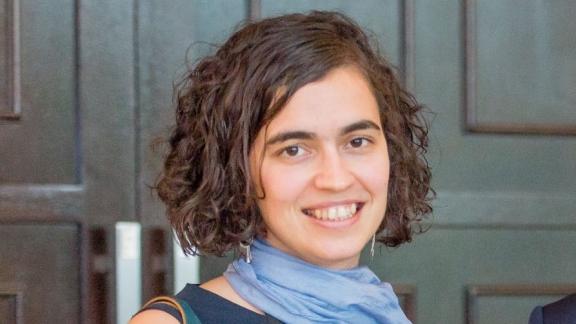Inclusion health: tackling the extreme end of health inequalities

People in inclusion health groups are at the extreme end of health inequality and often experience significant barriers in accessing and navigating health and care services, writes Ines Campos-Matos.
Inequalities in health are well understood, but is enough attention paid to the extreme end of these inequalities?
On average, someone sleeping rough dies 30 to 40 years earlier than the general population, and Gypsy, Roma and Traveller (GRT) communities are estimated to live 10 to 25 fewer years than the wider population. Whilst many of the causes of these poor health outcomes are wider than healthcare, the NHS and integrated care systems can make an enormous difference in the lives of people who are socially excluded and, by doing that, reduce inequalities and improve population health outcomes.
Who is at the extreme end of health inequalities?
‘Inclusion health’ is a term used to describe people who are socially excluded; experience multiple overlapping risk factors for poor health (such as poverty, violence and complex trauma); stigma and discrimination; and are not consistently accounted for in healthcare databases. It usually includes, but is not limited to, people experiencing homelessness and rough sleeping; vulnerable migrants; GRT communities; and sex workers.
The cost of not investing in inclusion health
People in inclusion health groups often experience significant barriers in accessing and navigating health and care services. Barriers in access to care mean problems are picked up later and lead to worse health outcomes, increased use of emergency and secondary care and associated costs.
...people experiencing homelessness use about four times more acute hospital services than the general population
For example, people experiencing homelessness use about four times more acute hospital services than the general population. They have higher emergency and inpatient admissions, longer inpatient stays, delayed discharge and more frequent re-admittance to care. It is estimated that the cost, measured through use of public services, of each person sleeping rough is £12,260 per year, compared to £3,100 per year for an average adult. These experiences can be tragic for the individual and costly for the public purse.
Supporting inclusion health groups is supporting the whole health system
Improving things for people in inclusion health groups not only benefits the people in these groups, but also the health and care system as a whole. Tackling these inequalities also supports wider ambitions to reduce A&E waiting times and delayed hospital discharge, improve access to primary care and reduce inequalities.
Ensuring that primary care is accessible to people experiencing homelessness is a crucial means of supporting inclusion health groups to access and navigate the health system. The homeless healthcare charity Pathway, for example, has provided online training on how to register and support people experiencing homelessness for primary care practice managers and receptionists.
Integration of services is key. Almost a third of people experiencing homelessness who go to the emergency department go there for food, safety and shelter
Integration of services is key. Almost a third of people experiencing homelessness who go to the emergency department go there for food, safety and shelter. This is costly and ineffective, and integrated working is a key enabler to support people to access the right care, at the right place. In Greater Manchester, a tripartite agreement between the combined authority, housing providers and NHS provider organisations works towards the integration of health and housing support by co-locating services and training frontline health and housing workers, among other initiatives.
And there is guidance and support available to help achieve these goals. Inclusion Health: Applying All Our Health outlines what health and care professionals at all levels can do in their everyday practice to support inclusion health groups to access and benefit from their services. The Office for Health Improvement and Disparities (OHID) has also recently published Spotlight, a data dissemination platform that collates and presents key statistics to improve accessibility and visibility of data and evidence related to inclusion health populations.
Brought together, these interventions and resources can reduce A&E waiting times and support ICSs’ statutory aim of improving population health and reducing inequalities in access and outcomes.
Inês Campos-Matos is deputy director of inclusion health at OHID. You can follow Inês on Twitter @inescamposmatos
NHS ConfedExpo
The NHS Confederation, OHID and NHS England are hosting an interactive session at NHS ConfedExpo on 14 June. This will be an opportunity to hear from other health and care leaders about their approach to tackling the needs of inclusion health groups within local health and care systems working in partnership with the NHS, local government and voluntary sector.



